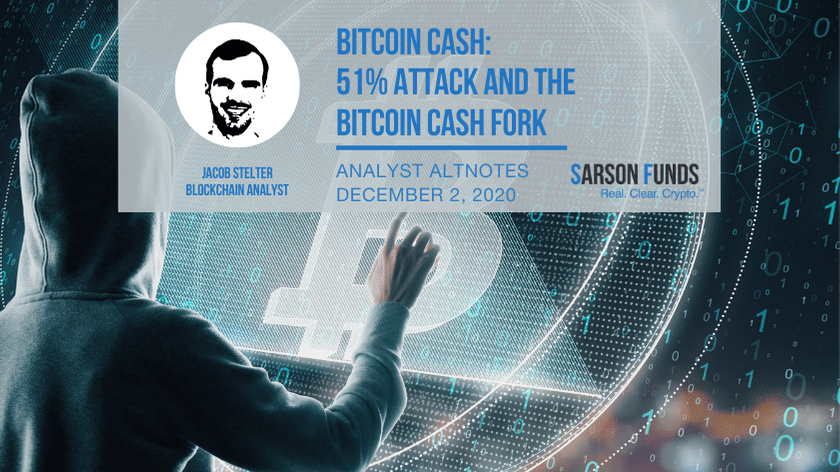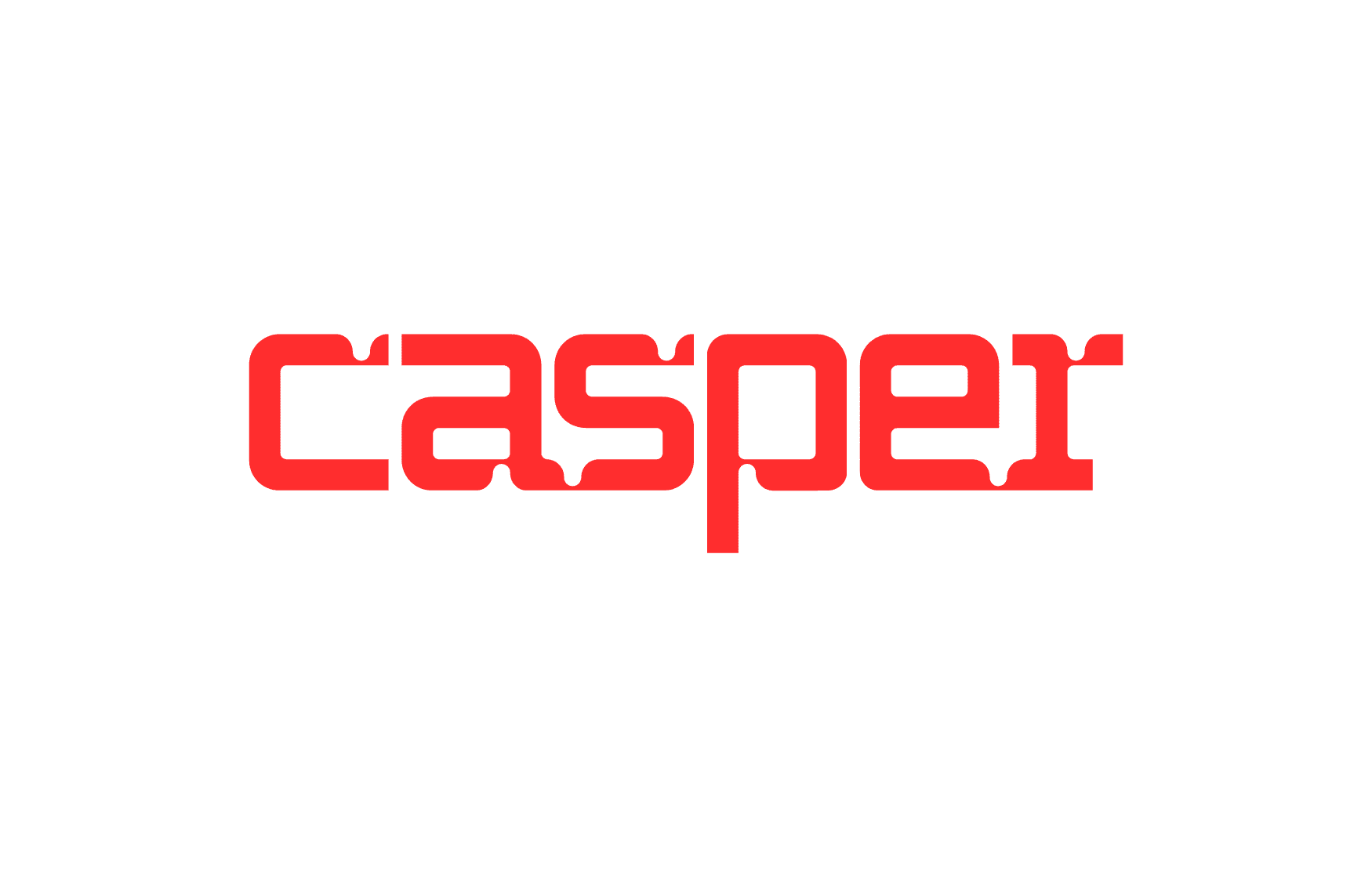
Weekly Analyst Thoughts
Hashing wars are when miners battle with each other to win control of a blockchain. As hashing wars and hard forks take place, the support for Bitcoin’s consensus algorithm is strengthened. While Bitcoin’s Proof of Work (POW) mining algorithm has garnered undeniable support over the years, one flaw still remains: the 51 % attack – a blockchain attack where a group of miners controls more than 50% of the network’s mining hash rate, giving them the ability to halt and even reverse transactions. Satoshi states on the viability of a 51% attack,
“As long as a majority of CPU power is controlled by nodes that are not cooperating to attack the network, they’ll generate the longest chain and outpace attackers. The network itself requires minimal structure.”
Source: https://bitcoin.org/bitcoin.pdf
When blockchains experience hashing wars, the underlying assumption that cooperating nodes have more CPU power then an attacker is negated, unfolding a multitude of negative repercussions. For example, on BCHA (a recent fork of Bitcoin Cash), there was an attacking miner who had more CPU power than the rest of the cooperating nodes, allowing him to sow absolute chaos on the BCHA network. This attack included the inability to mine users’ transactions (creating empty blocks), only verifying users’ transactions that had special messages attached to them, reorganizing other miners’ blocks so they no longer received the mining reward for solving a block, and demanding that the lead node implement new code rules via a soft fork to pay 100% of the block reward to Bitcoin ABC, therefore starving other miners of their mining reward. In the history of Bitcoin and POW currencies, 51% attacks have occurred mainly to steal coins, but none quite as brutal or unique as this recent attempt to destroy the BCHA blockchain through mining empty blocks, reorganizations, and using soft forks to change node consensus rules.
By Jacob Stelter
Disclosures: Not investment advice. It should be assumed that Sarson Funds or its affiliated managers hold positions in all projects that are discussed. It is not possible to invest in any project directly through Sarson Funds, Inc. or its affiliated managers. Any investment product offered by managers affiliated with Sarson Funds should be assumed to be only available to Accredited Investors and subject to the individual terms and conditions of that offering including but not limited to those eligibility requirements associated with U.S. Securities Regulation D, section 506c. Talk with your financial advisor before making any investment decisions or have them contact Sarson Funds directly at info@sarsonfunds.com







